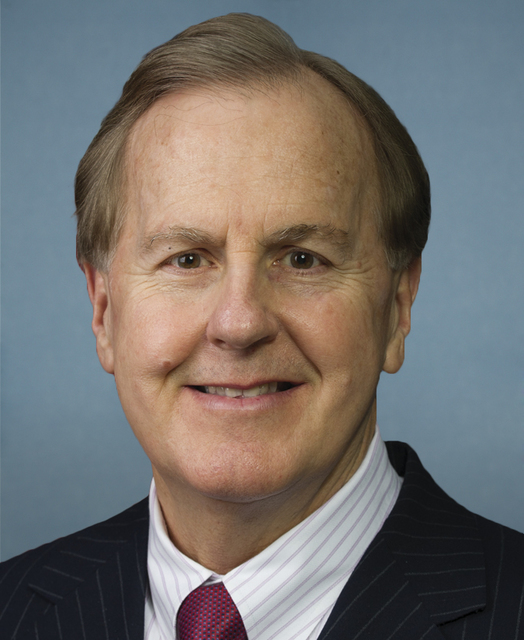During the Cold War, would the United States have allowed a Soviet firm to purchase a critical U.S. technology or infrastructure business?
Would the Pentagon have installed phones made in Russia?
Then, the lines were very clear. We knew the inherent risks of allowing the Soviets access into critical U.S. infrastructure or information systems.
Today, the lines aren’t as clear. America’s complex relationship with China presents new challenges. China is simultaneously a major trade partner and an aggressive Communist nation opposed to democracy and basic human rights. China is actively engaged in cyber-espionage, yet our federal government (and many of our homes) feature computers and other IT infrastructure made by companies either tightly-controlled or heavily-influenced by China’s communist leadership.
Are we in danger of a Trojan Horse?
In late September, the Pentagon’s Joint Staff warned against using Lenovo computers on Defense Department networks, citing cyber-espionage concerns. China’s communist government owns more than 25% of Lenovo.
The U.S.-China Economic and Security Review Commission will soon issue a formal recommendation to block all mergers, acquisitions, and investments by Chinese state-owned enterprises, citing an “inherently high risk” that would harm America’s national security.
A Chinese firm will soon be the largest operator of movie theaters in the United States, and Chinese investors with close ties to the communist leadership are actively pursuing additional Hollywood investments. The Washington Post editorial board recently warned about the dangers of allowing a country with no freedom of speech control over media here in the land of the free.
You might be thinking, “Washington should do something about this!” There is a formal process for reviewing the national security risks of foreign takeovers of U.S. businesses, but the Committee on Foreign Investment in the United States (CFIUS) hasn’t been substantially updated since it was first created in 1975.
Obviously, much has changed since the Ford Administration. Is CFIUS prepared to deal with the new challenges of a rapidly evolving national security landscape and global economy?
In September, I led a bipartisan effort requesting a formal Government Accountability Office review of CFIUS, to determine what additional laws, procedures, or authorities are necessary to allow CFIUS to adequately address these challenges.
— Do we need an outright ban on Chinese state-owned investment, as suggested by the U.S.-China Economic and Security Review Commission?
— Do we need to give CFIUS extra authority to review proposed takeovers of media, agriculture, technology, and financial assets?
— Should additional members of the Intelligence community be added to the committee?
— Should there be mandatory reviews of proposed acquisitions by designated countries, such as China, Russia or Iran?
Congress must take action to address this emerging national security threat, and the results of this bipartisan review will be important to crafting effective legislation. We expect the GAO review to begin in early 2017.
Should we be opposed to all Chinese investment? Certainly not. Our Republic was founded on democracy, free markets, and liberty. Chinese investments in many non-critical sectors, including textiles and manufacturing, have benefited our community.
However, China has brought this increased level of scrutiny upon themselves. China is the number one state-sponsor of cyber-espionage and corporate “information property” theft. China has no freedom of speech, routinely tortures Christians and other religious minorities, and manipulates their currency to hurt American workers.
While China has yet to use overt military power to strike against the United States, China is using subtle economic warfare to advance their communist agenda. As chairman of the Congressional Task Force on Terrorism and Unconventional Warfare, I am leading a bipartisan effort to increase our defenses against this emerging national security threat and better protect critical infrastructure and assets, while remaining true to the time-tested wisdom of our Founding Fathers.
Congressman Robert Pittenger (NC-09) is chairman of the Congressional Task Force on Terrorism and Unconventional Warfare, Vice Chairman of the Financial Services Task Force to Investigate Terrorism Financing, and serves on the House Financial Services Committee, with a special focus on supporting small businesses, community banks, and credit unions.


